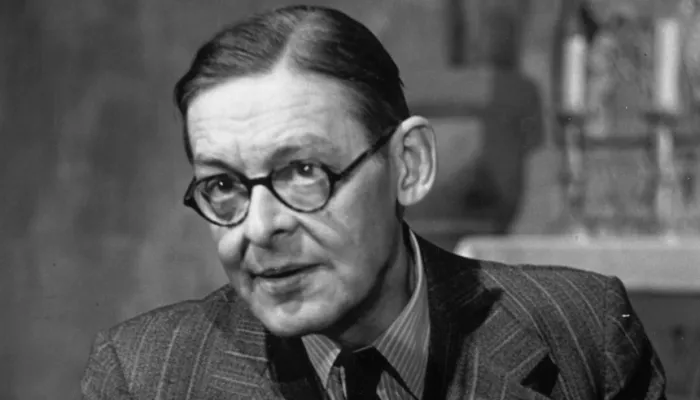Anne Michaels
Biography
Anne Michaels is a novelist and poet. Her books are translated into more than fifty languages and have won dozens of international awards, including the Orange Prize, the Guardian Fiction Prize, the Lannan Award for Fiction and a Guggenheim Fellowship. Among many other honours she has been shortlisted for the Giller Prize (twice), the Governor-General’s Award, and longlisted for the IMPAC Award (twice). Her novel FUGITIVE PIECES was adapted as a feature film. She has two new books in 2018, INFINITE GRADATION, and RAILTRACKS (co-written with John Berger). She is Toronto’s Poet Laureate. Her book Correspondences was shortlisted for the 2014 Griffin Poetry Prize.
Micro-interview
I read poetry from a young age and in high school began to read the canon attentively — Keats, Tennyson, Shakespeare, etc…Neruda, Rilke, T.S. Eliot (especially “The Four Quartets”) and all the Canadian poets I could find. Eliot’s “Four Quartets” moved me deeply — the language, the silence, the seriousness, the depth of mystery.
I began to write poems when I was very young — in first or second grade! I started a notebook and printed very neatly — it seemed a very conscious act, to keep a notebook just for writing poems and to do so respectfully. Later, when I was in high school, I began to understand that poetry demands a very long apprenticeship and I began to read with tremendous attention, to try to understand the what and how of a poem.
I write (and I read) in order to hold another human being close. Poetry cuts through the noise of other words, like a prayer. It wakes us. It finds us. It witnesses life simultaneously at its most conscious and its most hidden. A poem is always about what it means to be alive and mortal.
My father was ill for ten years before he died. During those years he fell silent. For all intents and purposes he had lost his memory. Those ten years taught me a great deal about memory and faith in language. How do we remember someone who we love who has died? Not our memory of them, but their sense of themselves. When my father died, I wanted to honour the parts of a person that are largely invisible — how we listen to music, our relationship to what we read — the inner conversations we have with art over a lifetime — an inner life that is often unknown and overlooked. I also wanted to honour his generation — a certain recognition and understanding shared by those who lived through historic events together. I imagined the historic figures that form the context of Correspondences coming together to sit together at a table and finding a kind of shelter. I wanted that book-length poem — which forms a circle and begins and ends with the same words, and that can also be read in any order — to be a place of shelter. A place where these figures could sit together and feel in some unspoken way — “the third side of the page” — recognized.
I think I might choose Elizabeth Bishop’s “One Art” for its slyness and its truth. It speaks with the defiance of the heartbroken. That spirit and the repetition of “disaster” in all its meaning and intentions, and also that single devastating word “lovely” in the centre of the poem, would make me want to give voice to those words, to that fierce desire.


